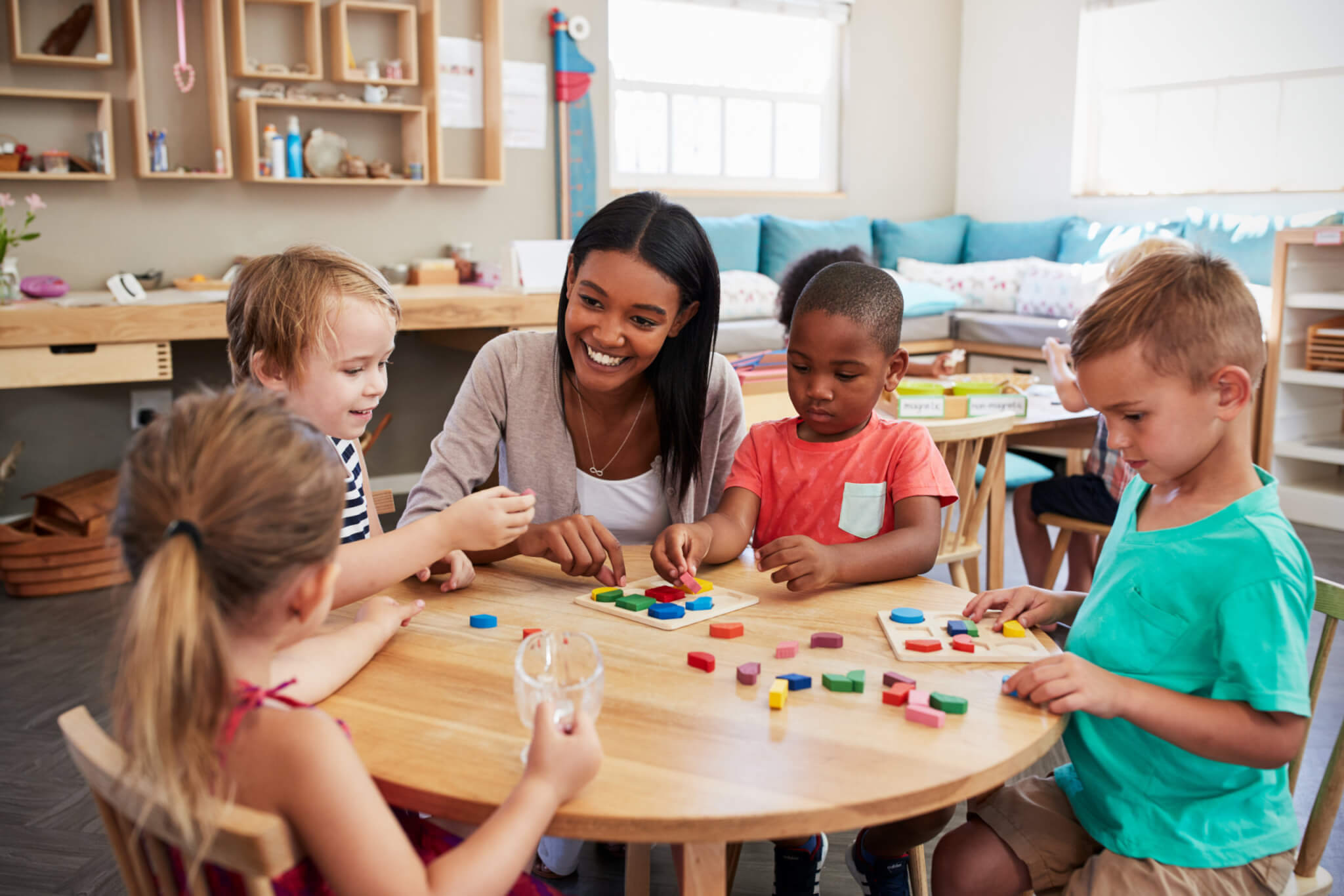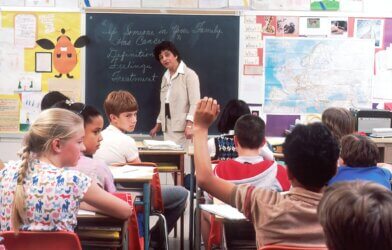ZURICH, Switzerland — Children are often viewed as hyper, curious, and impulsive in nature. It certainly may seem like a stretch to think that wide-eyed kids can self-regulate these parts of themselves, especially with rollercoaster emotions and levels of focus. International researchers report, however, that teaching them self-control early in their life leads to long-term educational along with societal success. That means a better chance for higher income, greater health outcomes, and an overall more pleasurable life in adulthood.
Previous studies already suggest that while self-regulation and self-control isn’t inherent in children, targeted training is effective in helping kids build the skills. In an effort to address aspects not extensively studied, the team designed their work to find ways to efficiently implement this during the school day without pushing lesson plans aside. They also wanted to determine whether doing so genuinely amounts to long-term success.
This randomized control study integrated short-term self-regulation teachings into the learning curriculum of over 500 first graders. Due to concerns from past trials, the study authors designed the training units in a cost-effective and efficient way that would support easy integration into any primary school setting.
Teachers were trained in a three-hour session, and the children’s training unit lasted five hours. The teachers also received materials that could be conveniently utilized throughout their normal schedule. These units were based on the MCII Strategy (“Mental Contrasting with Implementation Intentions”), which has already been shown to be a reliable option in adults and older students when it comes to self-control.

After training, teachers attempted the new strategy in a playful manner, attracting the children by using a picture book and the role model of a hurdle jumper. First, the children imagined the benefits of reaching a goal. The teacher then explained possible struggles that they could face in accomplishing them, which is the “mental contrasting” portion. Afterward, the children were called to identify ways to face obstacles that could stand in their way, which was “implementation intention.”
The team discovered that even limited amount of self-control training conferred impressive results. Not only did it support improved self-regulation, but also reading ability and attentiveness to detail. Students were also far more likely to be accepted into competitive secondary schools by three years post-training.
The researchers agree that their findings show a positive domino effect when it comes to learning and success. “The special feature of our study is the long-term ripple effects that this short training unit can have. These effects benefit the child, and they are transferred in many ways to society as a whole over the course of the child’s life,” says first author Daniel Schunk, professor of public and behavioral economics at Johannes Gutenberg University Mainz. “The fact that early investments in such fundamental skills not only benefit the child alone, but also society, should be given more attention in education policy.”
The findings are published in the journal Nature Human Behavior.



